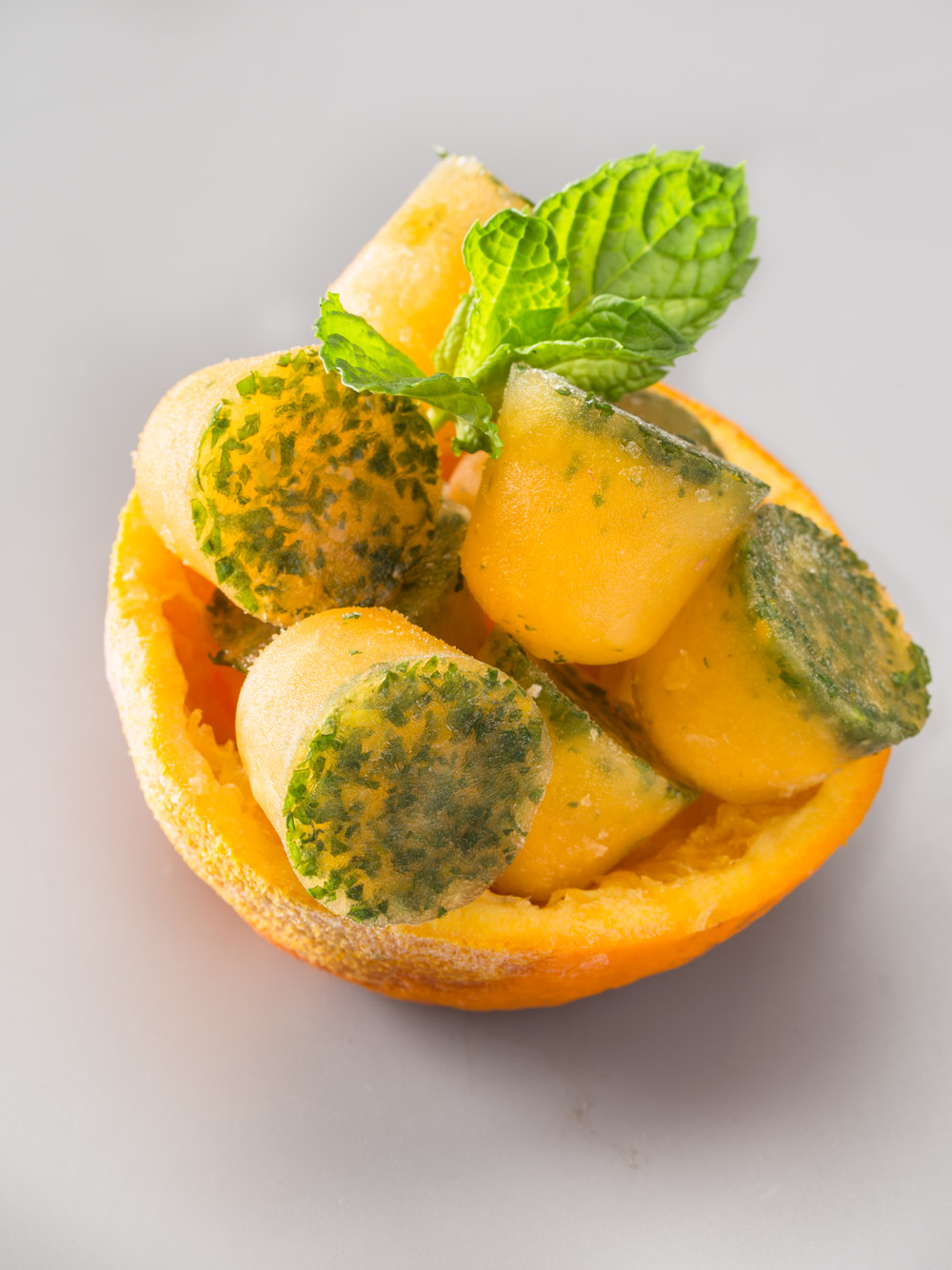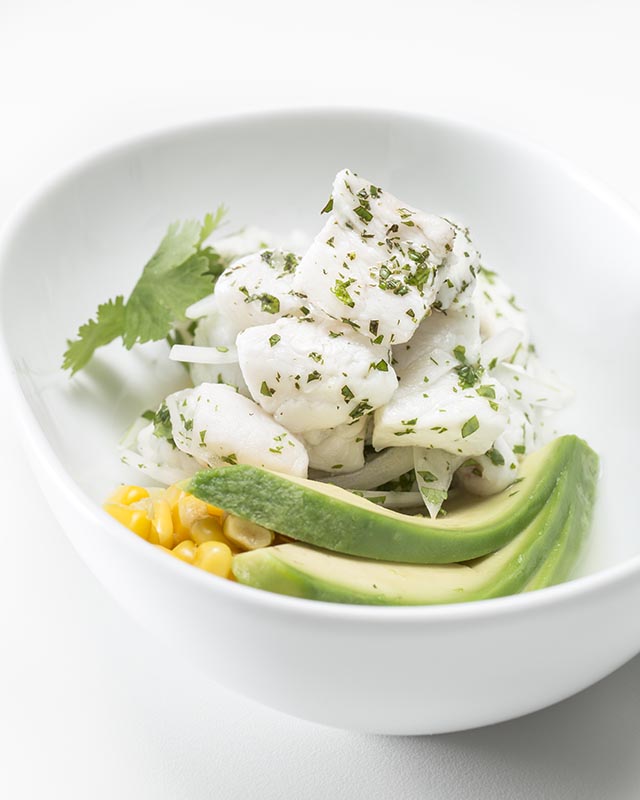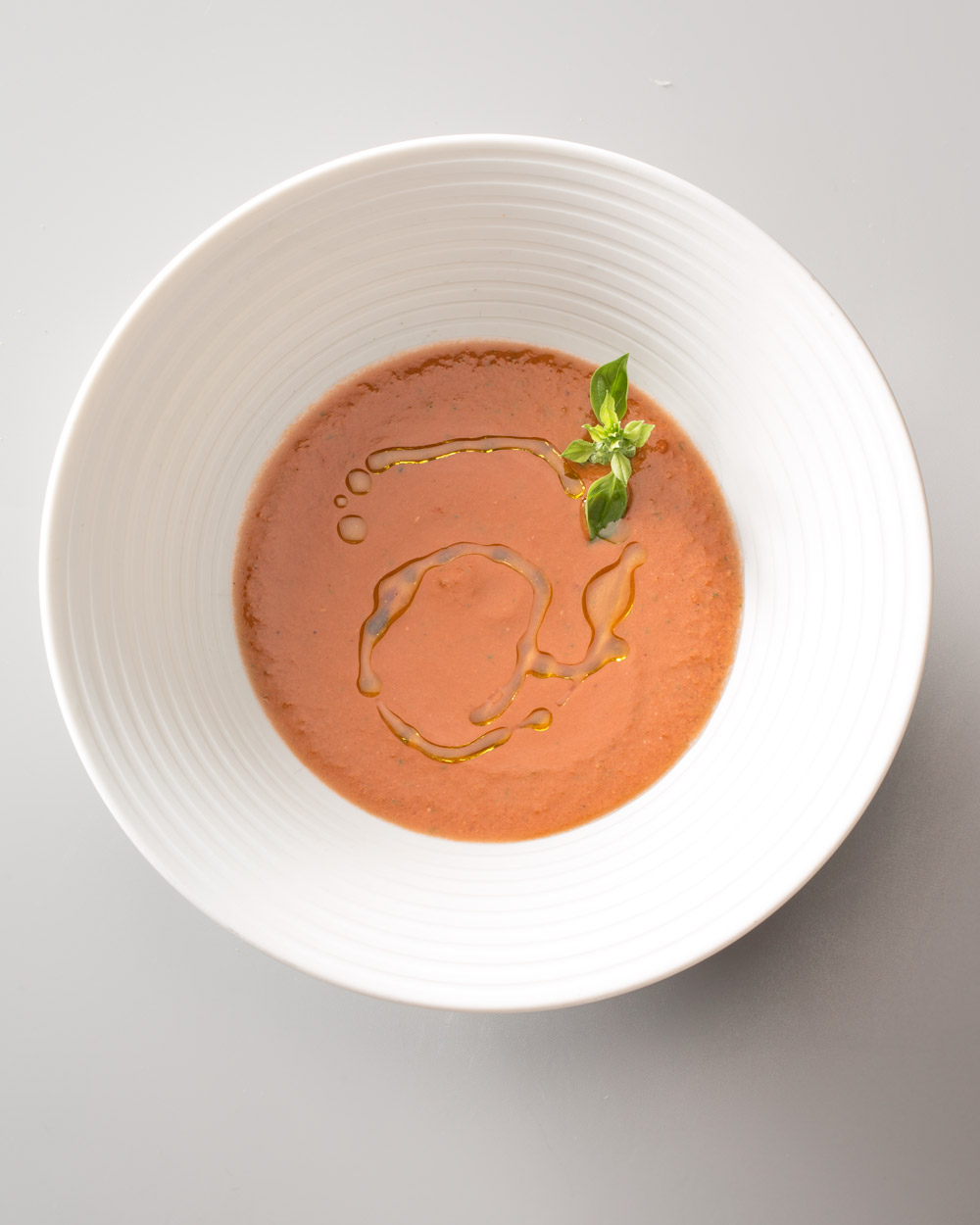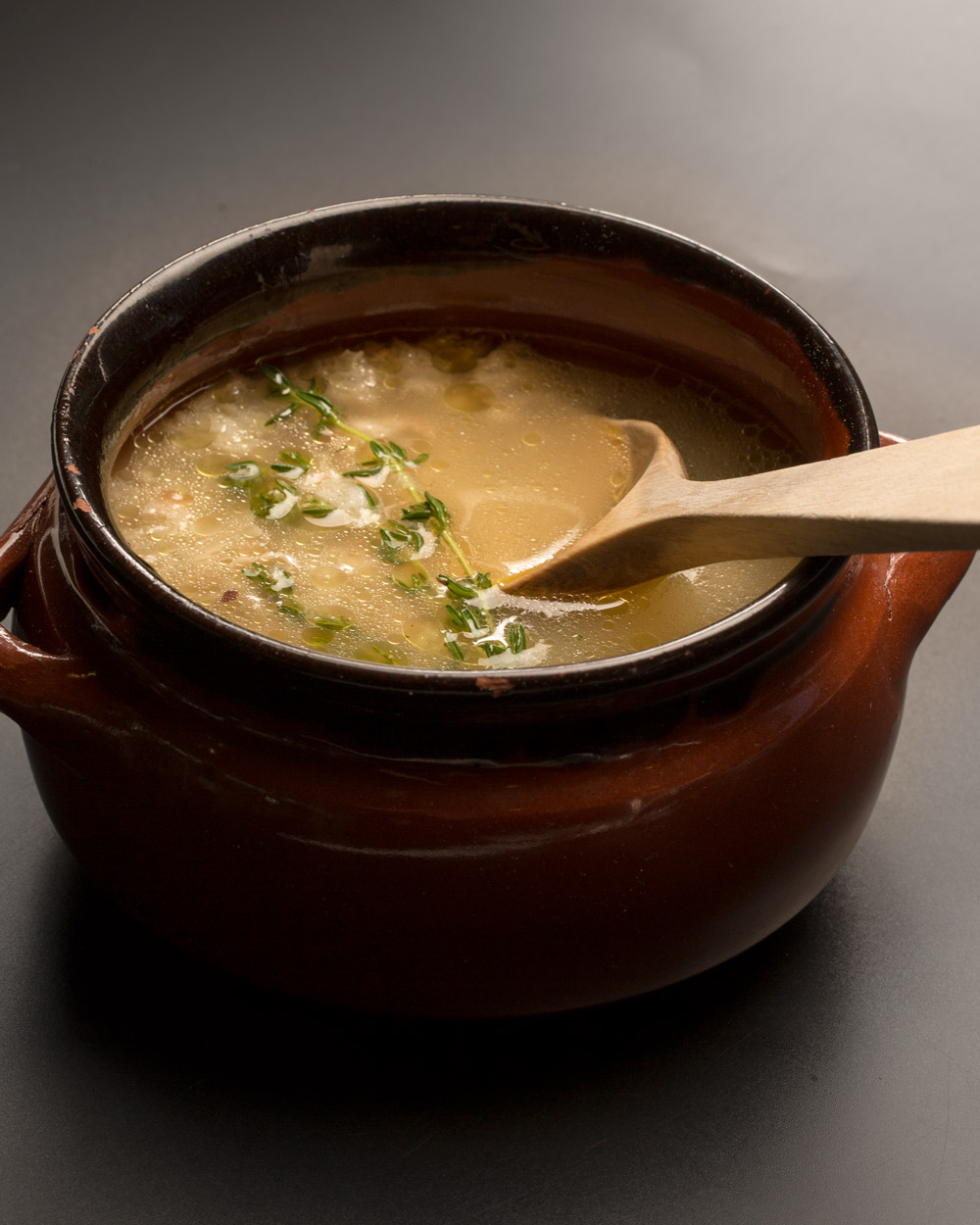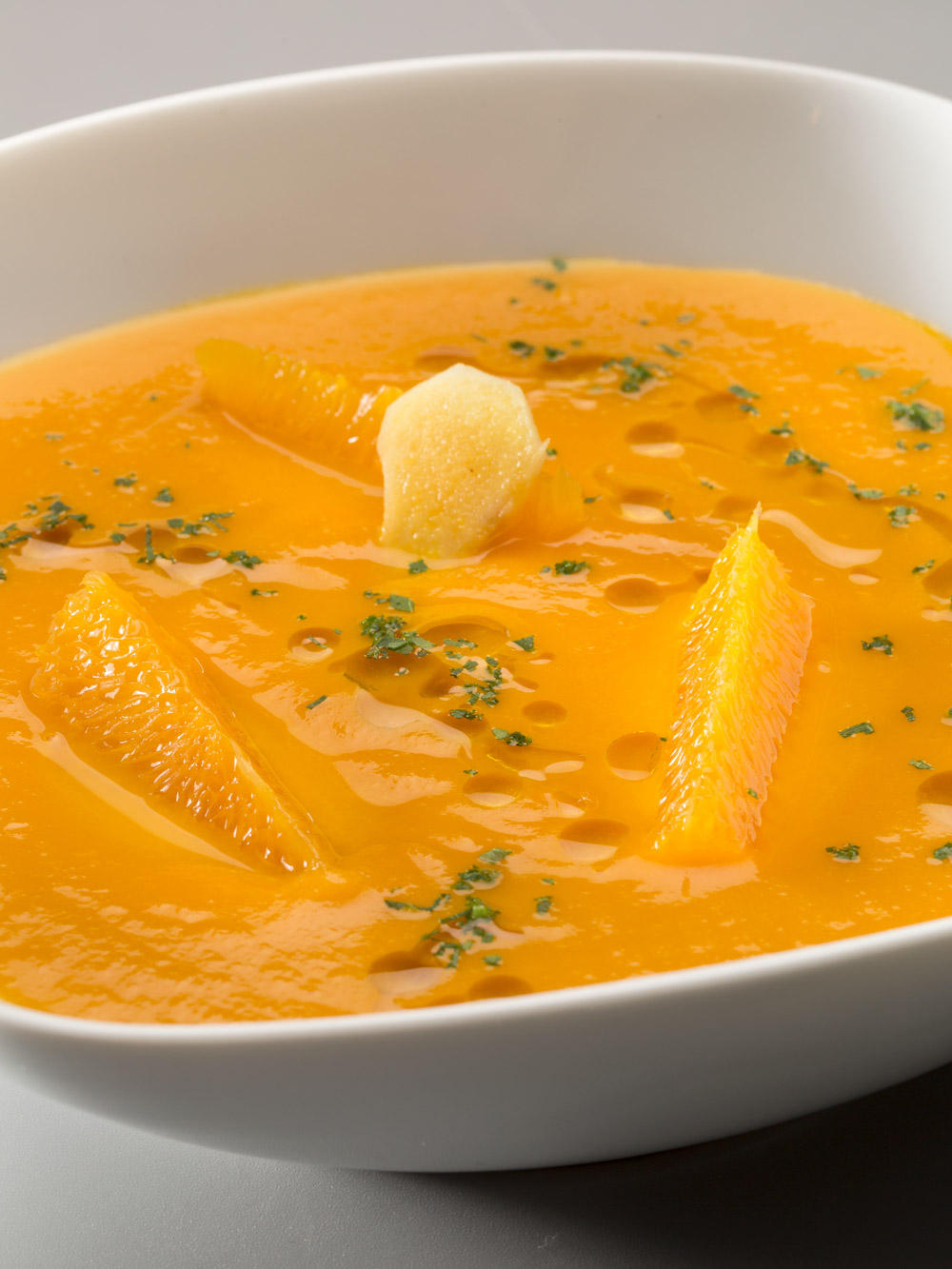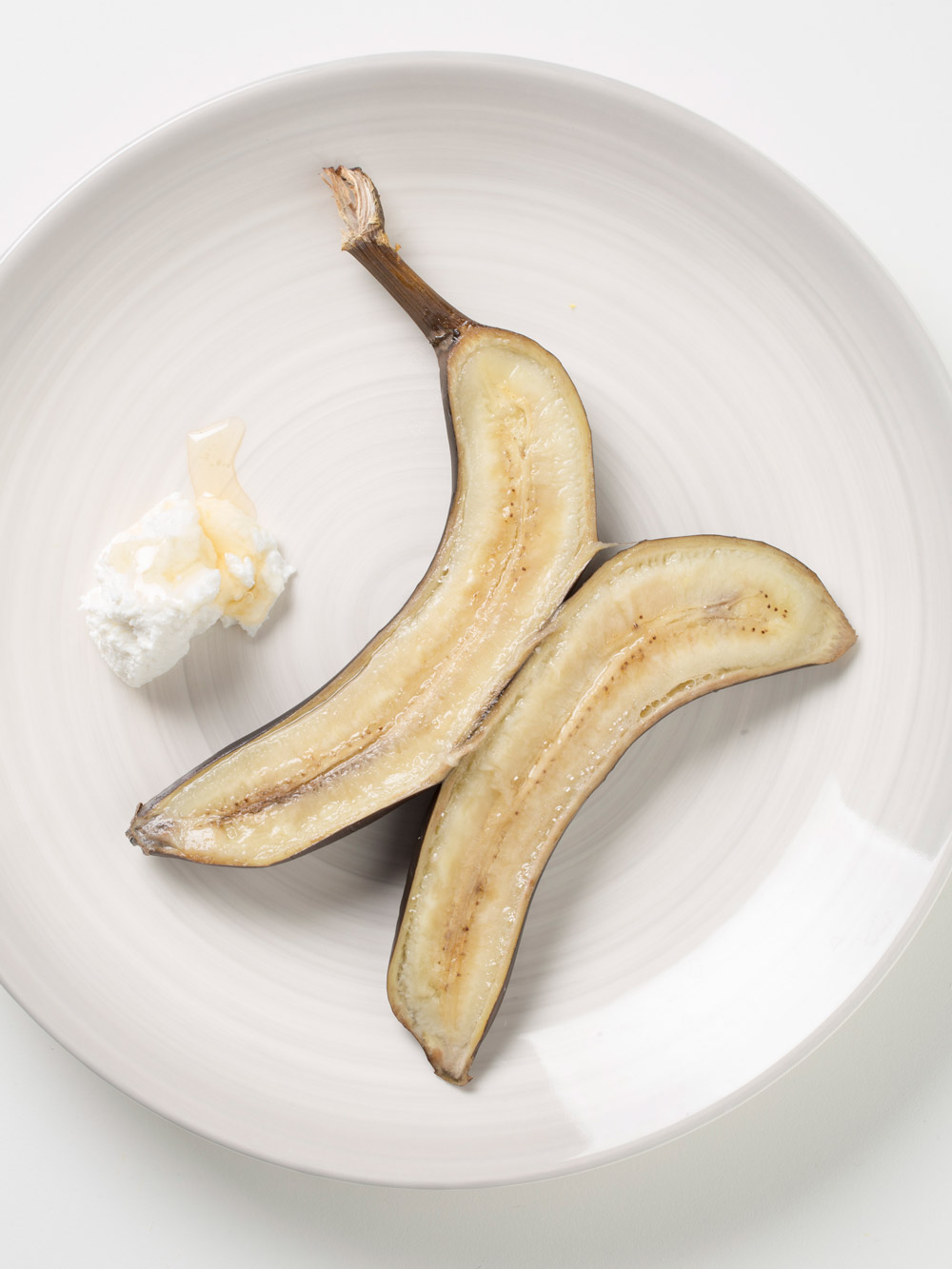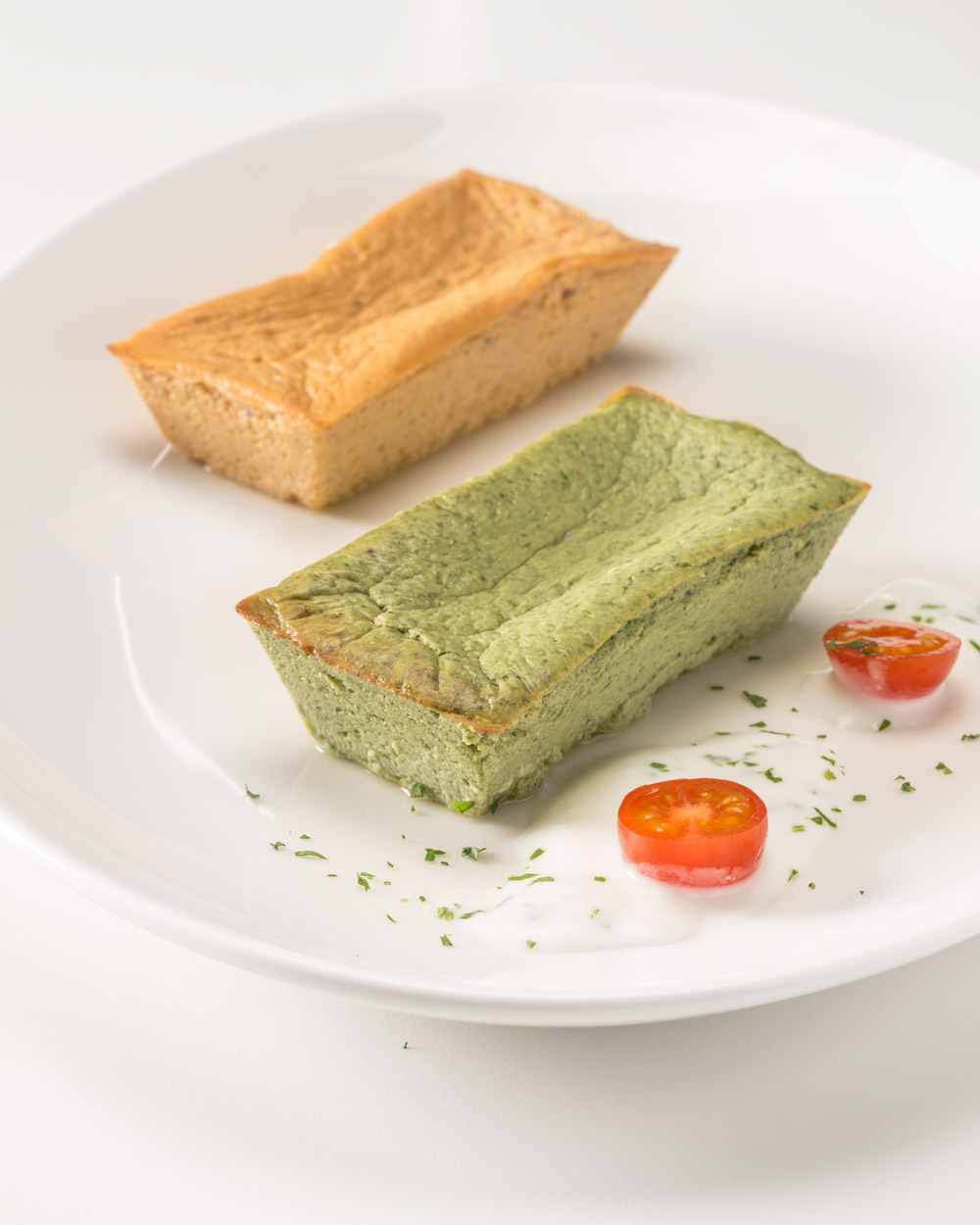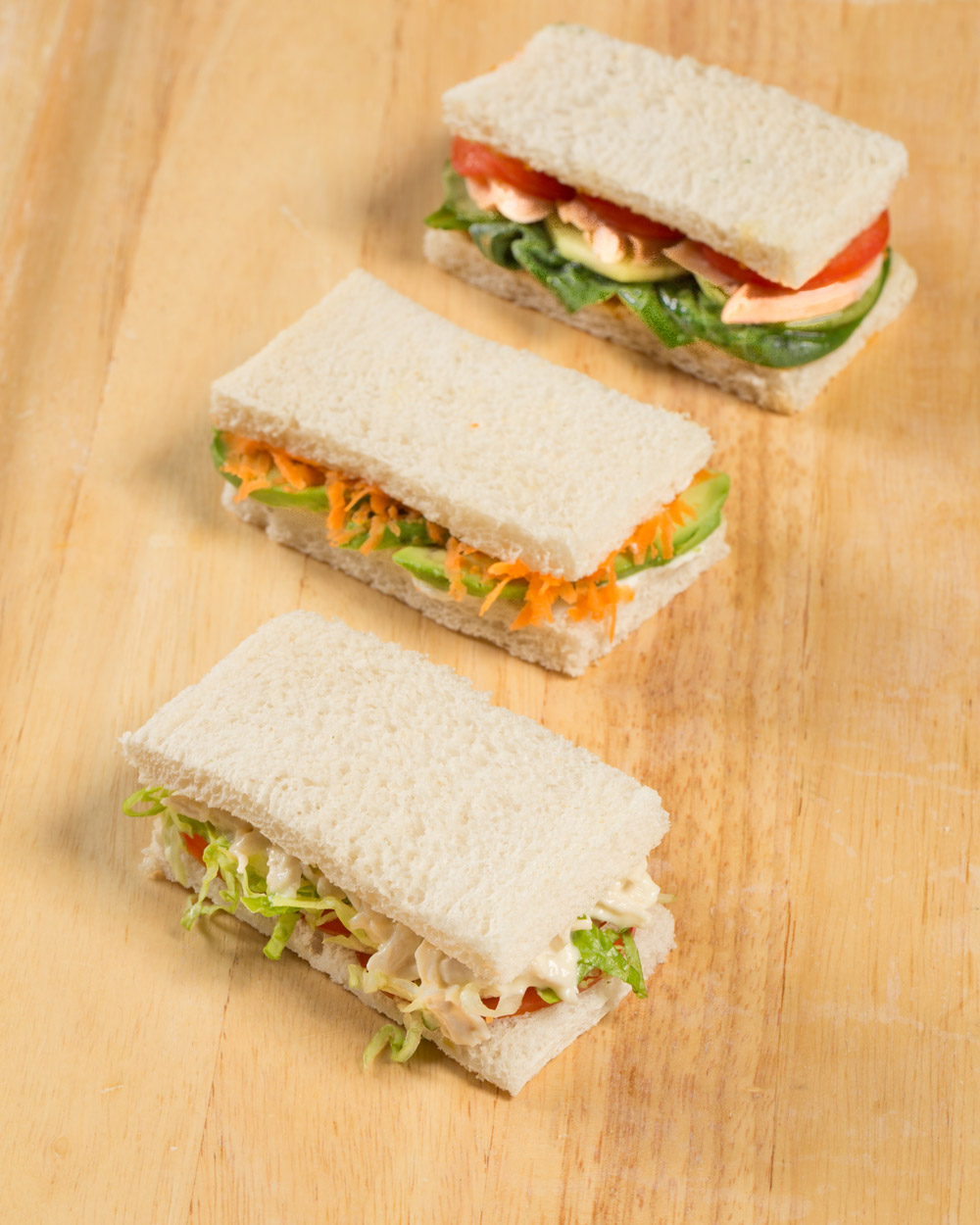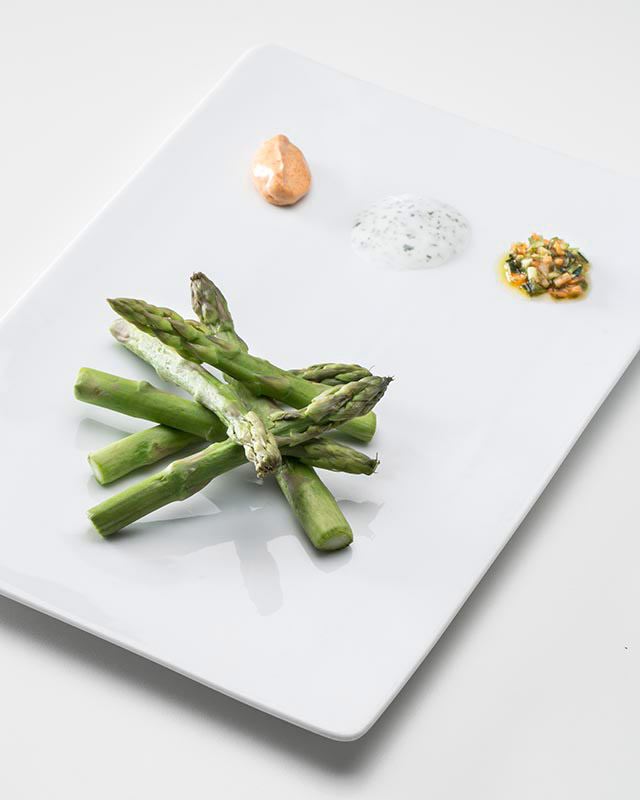Having a dry mouth is called xerostomia and it is a common symptom in patients with head and neck cancer. It can last for months after the end of treatment and is the most frequent chronic symptom in the treatment of this type of cancer. It is caused by a decrease in the quality and quantity of saliva secreted, mainly caused by radiotherapy treatment and resection surgery. Depending on the type of treatment (chemotherapy or radiotherapy), changes in the diet will be more or less noticeable, therefore diet must be adapted and modified to each specific need.
WHAT DO WE RECOMMEND?
You can use water and baking soda, lemon, or chamomile to rinse your mouth. It is important to brush your teeth after meals.
Always carry a small bottle of water with you so that you can take small sips.
- To help cool the mouth and hydrate at the same time during the day. You can also eat ice creams, homemade slushies or let homemade ice cubes or jellies made of fruit juices or mint or thyme teas melt in your mouth.
- It is also important to make swallowing easy during meals. To help you swallow, prepare a diluted lemonade —a litre of water with the juice of a lemon— which, in addition to helping you swallow, will also increase salivation.
- Eat pieces of acidic fruit in between meals, such as pineapple or orange.
- Prepare both hot and cold dishes with acidic foods such as tomatoes, lemons, berries, pineapple…
- Add a squeeze of lemon juice to meals that allow it, such as a grilled fish
- Incorporate foods with a high liquid content into meals, such as vegetable purées, soups, puddings, fruit smoothies, milkshakes, jelly, or yoghurts.
- Eat rice and pasta that has been thoroughly cooked; fresh, soft, or creamy cheeses; low-fibre, well-cooked vegetables; most fish; omelettes and scrambled eggs; some tender meats, such as shredded chicken thigh, stewed meat, or even puddings or meat pies; ripe and soft fruits, cooked or in compote.
- Add sauces to drier dishes, such as béchamel sauce, vinaigrettes, light mayonnaise, etc.
- Avoid thick, sticky, dry, and fibrous foods, such as bread, some grilled meats, very thick mashed potatoes, etc.

